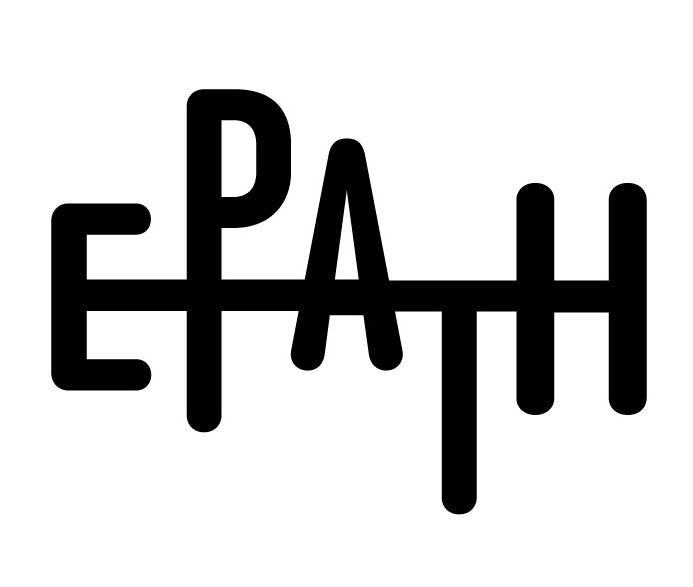Transgender Health Care in Europe
Different European countries (Sweden, Croatia, Denmark, and Hungary) have been selected to discuss transgender health care in the respective country. Confirmed speakers are:
Dr. Attila Fazekas
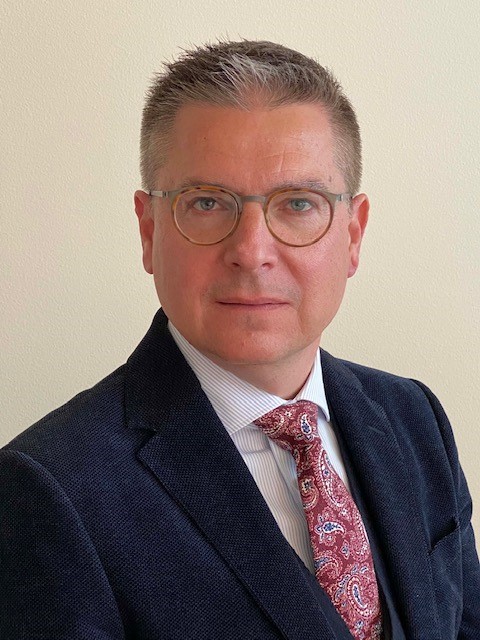
Transgender health care in Sweden
Sweden is a Nordic country in Europe, part of the European Union. The country has a surface of 450 295 square kilometers, a total population of 10,4 million and a low population density. Sweden is a constitutional monarchy and a parliamentary democracy. It is a unitary state, but divided into 21 counties, which have the responsibility for health care and local traffic. Sweden maintains a Nordic social welfare system that provides universal health care for all citizens.
Given the long distances across the country there are six units, where health care for transgender people is offered. The National Board of Health and Welfare has last year taken the initiative to reorganize the transgender health care, which is an ongoing process. We founded the Swedish Professional Association for Transgender Health (SPATH) in 2007, with the goal to provide equal health care for transgender people throughout the country. The board of the Association organizes an annual conference for education and exchange of experience.
The Gender Equality Act regulates the legal aspects of health care for transgender individuals in Sweden.
The country has separate standards of care for children and adolescents, than for adults. The National Board of Health and Welfare has decided to update both, and has worked on the guidelines for children and adolescents since last autumn
Bio
Attila Fazekas is the medical director at the Department of Psychiatry at the University Hospital in Lund in Sweden. He is the president of the Swedish Association for Transgender Health (SPATH), a member of the European Professional Association for Transgender Health (EPATH) and the World Professional Association for Transgender Health (WPATH).
After completing his undergraduate degree in Medicine at the Semmelweis University in Budapest in Hungary, Attila Fazekas undertook clinical and academic training in Psychiatry at the University Hospital in Lund in Sweden. During his clinical training he gained experience in the field of gender and sexology and he has continued with this work ever since. He participates in research through the Swedish Gender Study, which has resulted in several scientific articles. He is a board member of the Swedish Gender Dysphoria register and medical advisor in gender dysphoria issues at the National Board of Health and Welfare.
Mr. spec. Iva Zegura, prof.
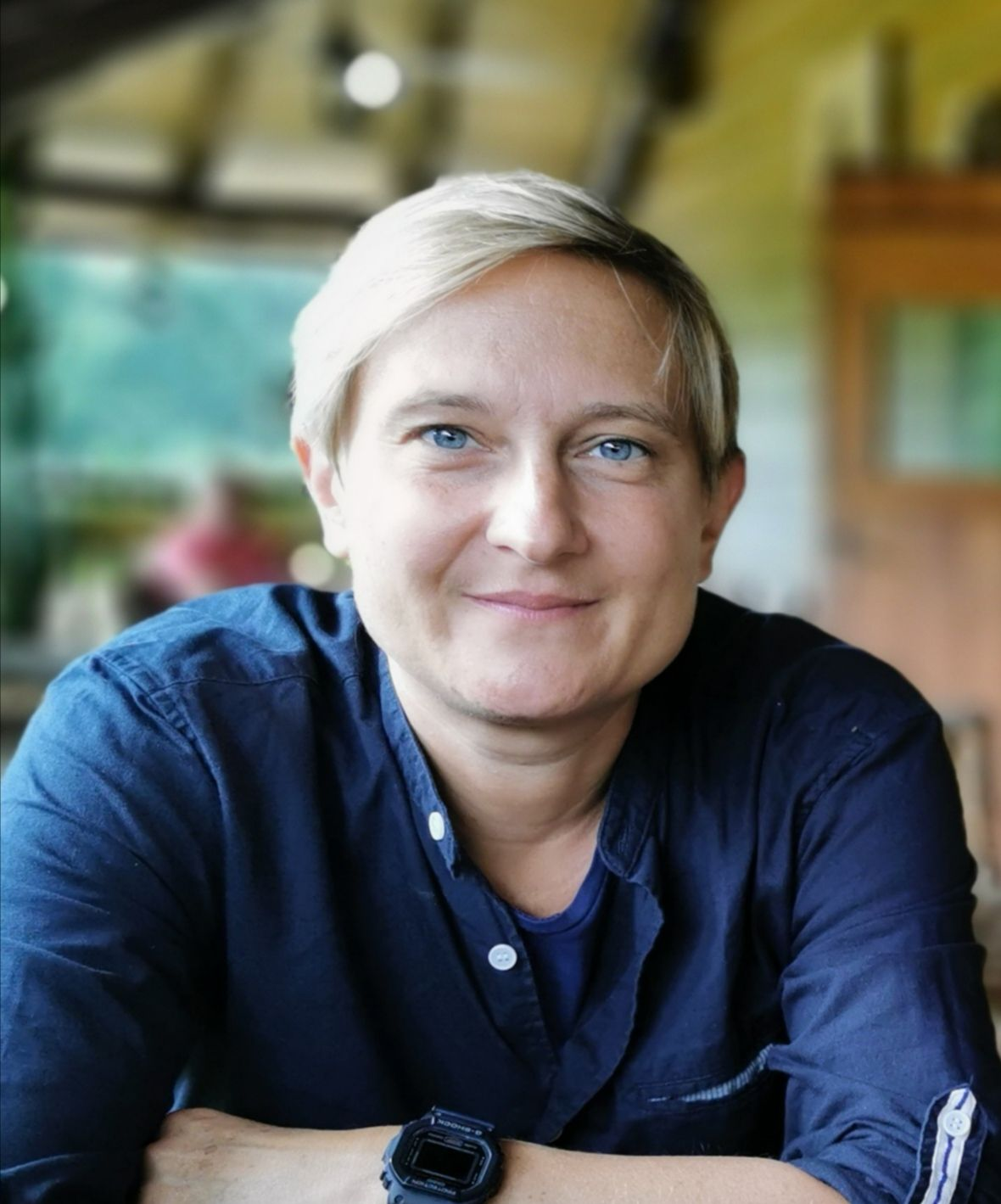
Transgender health care in Croatia
This key note lecture will address contemporary state of transgender health care in Croatia. The specific cultural background will be discussed and possible improvements will be given.
Within the health care system in Republic of Croatia there is no systemic care under specific gender clinic for transgender people. Hormonal treatment is partially covered by the health care insurance, and gender affirmation surgeries are not covered by the health care insurance at all. Up till now there is only so-called “Virtual national team for transgender health care” consisting of a few enthusiastic interdisciplinary professionals. Some of them are working in different clinical hospitals, mostly in capital city- Zagreb, and some of them are working in the private sector.
In 2008 Croatian Ministry of Health has adopted the first “Bylaw about appropriate collection of medical documentation, determination of conditions and presumptions for sex change,” that allowed only for those trans people with complete sex affirmation surgery done to change gender mark in personal documents. Due to the efforts of professionals and LGBT non-governmental organizations, the Croatian Parliament has adopted on the behalf of Ministry of Public Administration adopted “The law of national registers” in 2013, which among other, defines the change of personal name and surname and change of gender designation in personal documents. On the 27th of March 2014 Croatian Ministry of Health has adopted the “Bylaw about appropriate collection of medical documentation, determination of conditions and presumptions for sex change and/or life in other gender identity.” For the first time no surgical intervention for transgender individuals was needed as a condition for the change of gender mark in personal documents.
Apart from the new legal acts that regulate “life in lived gender identity” and “presumptions for sex affirmation”, in the field of medical and mental health care there are some insurmountable problems related to uncovered costs of gender affirmation process, lack of educated professionals and sensibility by the same legal system to ensure for each transgender person the time-appropriate treatment and legal protection. Current COVID- 19 pandemic represents huge obstacle as most of the hospitals are oriented on providing care for people with urgent medical conditions and COVID- 19 patients.
It would be in both the professionals’ and transgender people best interest if professional societies and chambers would implement, in their existing professional guidelines and ethical codes, specific paragraphs about comprehensive care of transgender people according to the Standards of care with respect to their human rights. That will allow for the transgender health care to be based on the up-to-date scientific knowledge and best practice recommendations, as to avoid the slightest possibility of prejudicially coloured belief system coming from the side of professional authority to interfere with practice. Minding the cultural background, the specific mark of harmfulness of so- called reparative therapy practices should be included. New round of discussion between professionals, transgender NGO’s, stakeholders and governmental representatives should be made in order to remove existing barriers of complete and affirmative transgender health care in Croatia.
Bio
Iva Žegura is a specialist in clinical psychology and professor of psychology with a background in gestalt therapy and sexual therapy. She works at the University Psychiatric Clinic Vrapce in Zagreb, Croatia. Currently, she attends Ph.D. studies. In her extensive practice, she has been cooperating with many professional and non-governmental organizations and departments of psychology by several universities for the past 17 years and is engaged in affirmative treatment practice with members of sexual and gender minorities. She is a president of the Section for Clinical Psychology and the co-founder and vice-president of the Section for Psychology of Sexuality and Gender Psychology by the Croatian Psychological Association. Within EFPA, she is an active member of the Board on Cultural and Ethnic Diversity. She is an active member of the Croatian Psychological Chamber as a member of the Division for clinical psychology, several Committees, and the Supervisory Board. She regularly participates in domestic and international psychological symposia, congresses, and conferences that are focused on sexual health, sexual orientation and gender identity, human rights, cultural competencies, gestalt therapy, psychological assessment, personality disorders, research approaches in gestalt therapy. As a specialist in clinical psychology, she collaborates with several Departments of psychology in Croatia as an associate professor and as a mentor for student practice. She is also a mentor for graduated psychologists during their one-year internship program. She authored several scientific papers, articles, and two books: “Psychological aspects of coronary heart disease” and “Coming out: to Understand vs./ feat. to Accept”. She has contributed with the chapter “Different forms of partner communities – psychological aspects of LGBT partnership and parenthood” in the university textbook “Psychological aspects of the modern family, marriage, and partnership”. She co-edited the Croatian handbook “Fundamentals of Sexual Medicine” in which she participated in the chapter about gender dysphoria. Membership: Croatian Psychological Association, Croatian Psychological Chamber, Association of Psychotherapy Societies Croatia, Association of Croatian Gestalt and Integrative Psychotherapists, Croatian Association for Sexual Therapy, EFPA, WPATH and EPATH, ESSM, EACLIPT.
Dr. Astrid Höjgaard
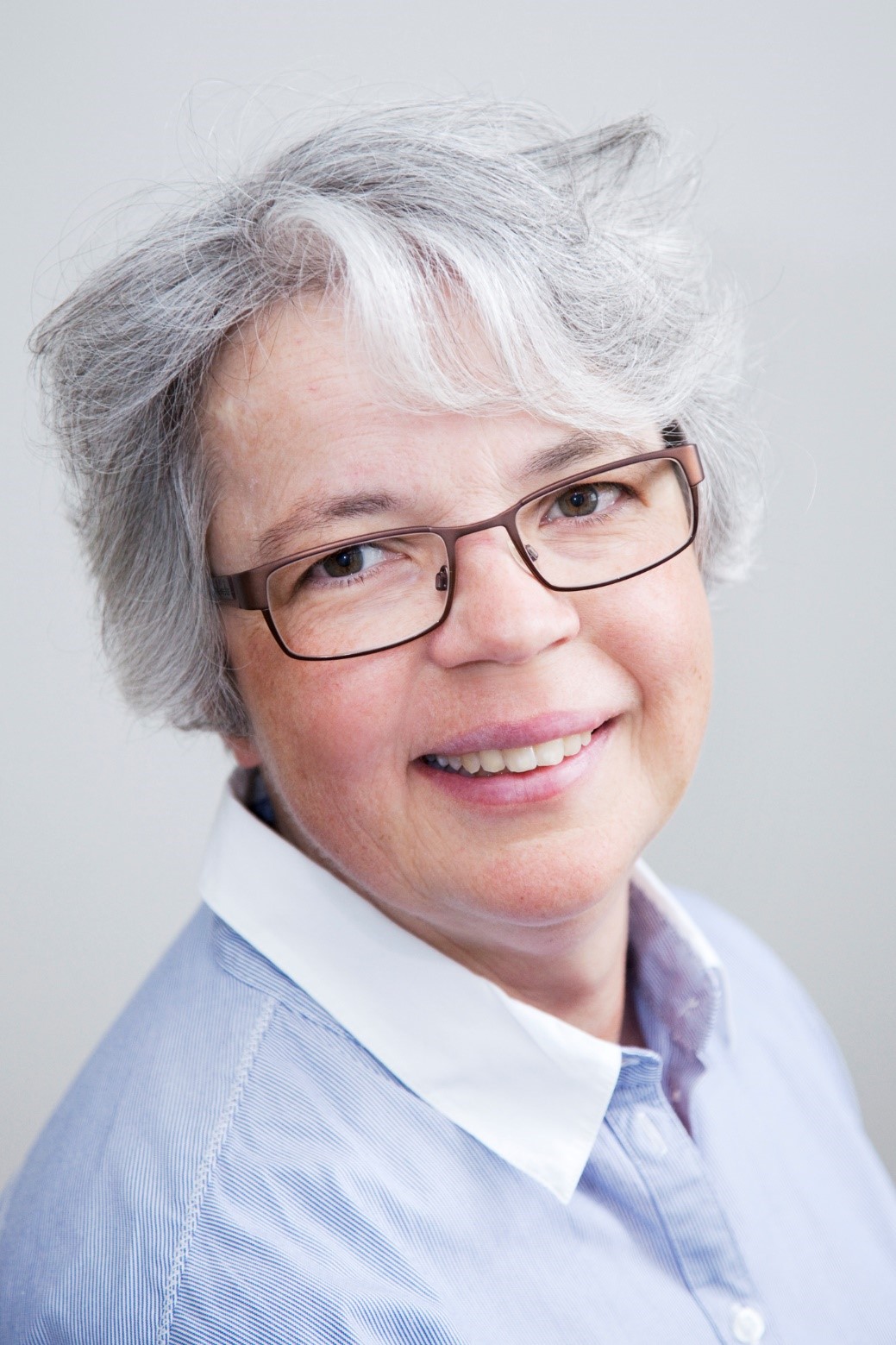
Transgender health care in Denmark: Fast Forward: Danish Experiences with a Non-Pathologizing Approach towards Treatment of Gender Incongruence – a Journey from 1930 to 2021 in 6 years.
In Denmark there has been a dramatic change of laws and guidelines regarding assessment and treatment of gender incongruence since 2014.
Before 2014 changing of legal gender required a psychiatric diagnosis of “transsexualism”. Only one clinic was entitled to put the diagnosis which was at the Sexological Clinic in Copenhagen that part of the psychiatric system in accordance with the belief that “transsexualism” was a psychiatric disorder. After assessment which averagely took 5.9 and 8.1 years for transmen and -women the Ministry of Internal Affairs had to be applied for permission to castrate the patient before legal gender change was allowed. Married transgender persons must divorce as same sex marriages was not allowed (although they could opt for a registered partnership after 1989). In 2014 a new law enabled people to change legal sex by an online application without having to be “diagnosed” and no questions asked.
In January 1, 2017 after massive pressure from trans organizations and Amnesty and other NGO´s, the diagnosis of ”Transsexualism” (DF 640) was removed from the psychiatric list of diagnoses by law from the Danish Parliament and the diagnosis was replaced by a contact code DZ768e1. “Contact due to gender incongruence” – which emphasizes that there is neither a morbidity nor a sexual problem.
In October 2nd 2017 the monopoly was abolished, and a new Center for Gender Identity was created in Aalborg as a separate unit at the somatic University Hospital in Aalborg. This was a strong marker of “de-psychiatrization” og transgender individuals.
All persons admitted to a CGI must be referred by a doctor. Treatment is for free except medication which only is partly reimbursed.
Each of the now three CGIs has a multidisciplinary team (MDT) consisting of gynecologists or endocrinologists, psychologists, psychiatrists, nurses and plastic surgeons. The team must agree on major steps in the transition. A somatic medical doctor is appointed as team leader for each patient ensuring a smooth path through the process and informed consent. Gender assigned males may have gamete cryopreservation to ensure a possibility for future (free) public fertility treatment. Facial hair removal and logopedic intervention are offered as well.
Treatment is individualized. At the CGI in Aalborg it is thus possible to removal of gonads without constructive surgery and mastectomy is a possibility without hormonal treatment for non-binary persons. Supportive consultations by psychologist / psychiatrist is offered but is not compulsory.
In my presentation I will give examples of a typical patient course, how the MDT works how the development in referrals has exploded since 2017. Finally I will describe the cooperation with relevant NGO organizations in development of a non-pathologizing approach at Center for Gender Identity at Aalborg University.
Bio
Pronouns: She, her. Part of the LGBT+ rainbow.
Astrid Højgaard was born in Stockholm, Sweden 1957.
MD from the University or Aarhus, Denmark.
Specialist i gynecology and obstetrics.
Subspecialized in gynecologic endocrinology.
Working with artificial reproduction and sexology for > 20 years.
Research in reproductive decisions in families with hereditary diseases, side effects of estrogen treatment, sexual complication of various conditions and lately trans matters.
Head of the Sexological Center, Center for Rape Victims and Center for Gender Identity at the Aalborg University Hospital in Denmark.
Initiated a Master Education in Sexology at the University of Aalborg with 60 ECTS.
Chairperson of SSSM, Scandinavian Society for Sexual Medicine.
FECSM authorized by ESSM.
Member of EPATH.
Dr. Noémi Bordás
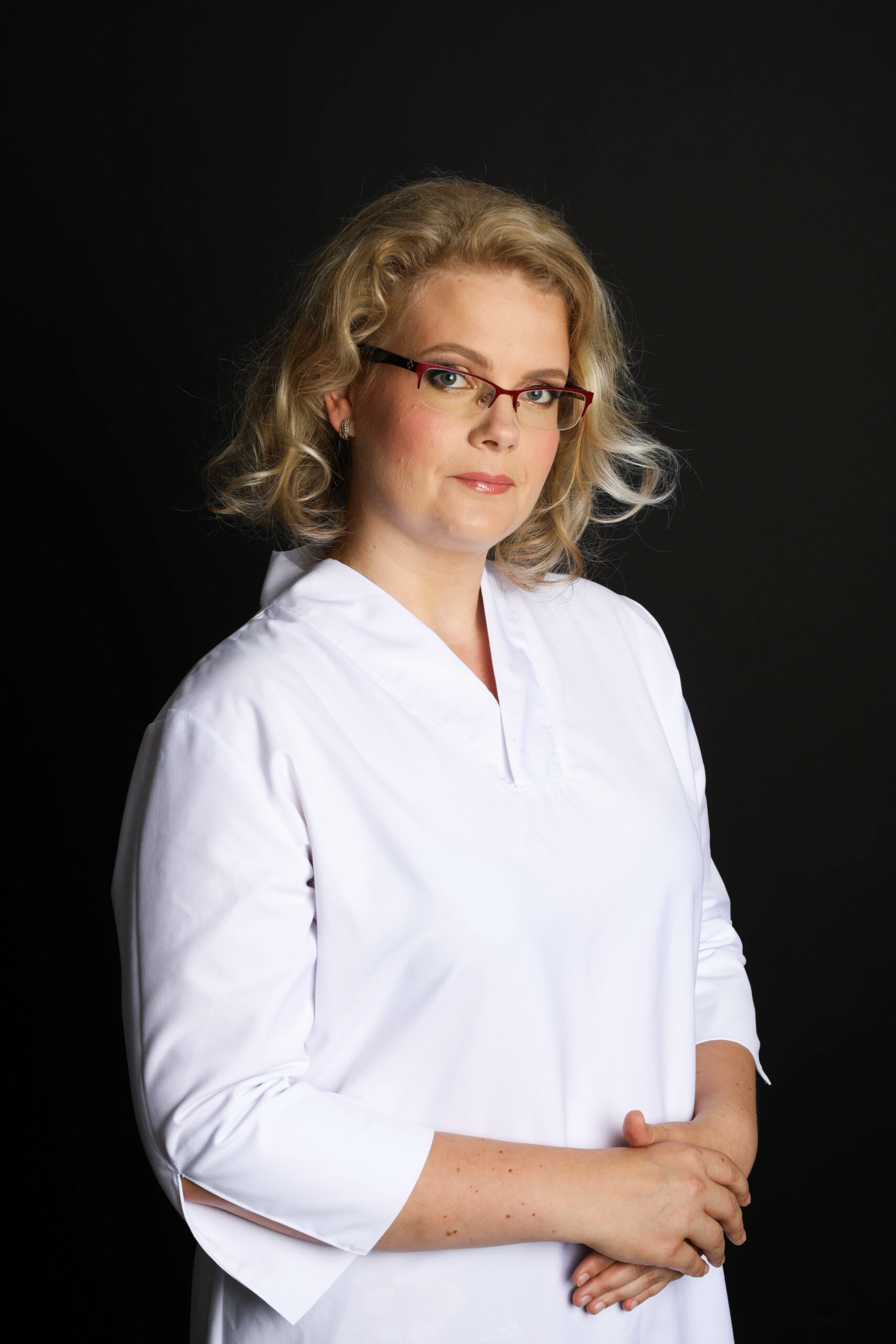
Transgender health care in Hungary
Introduction: A proper treatment of gender dysphoria requires multidisciplinary approach. There is a necessity for progress of transgender health-care in hungary, since prevalence has been increasing significantly. Our aim was to present the results and trends in our institution in Hungary.
Materials and methods: From May 2014 until June 2021, totally 173 patients with gender dysphoria requested hormonal treatment in our institution. Among them 28 patient aged 23 to 64 years (mean age: 32), underwent gender affirmative genital surgery and 23 patient (aged 18 to 41 years, mean age: 28 years) underwent gender affirmative top surgery. Preoperatively, complete psychiatric and psychological assessment was done, followed by proper endocrinological evaluation and treatment, according to WPATH Standards of Care. One-stage female to male metoidioplasty was performed in 6 transgenders, and included transvaginal hysterectomy, vaginectomy (colpocleisis), metoidioplasty with urethral lengthening, scrotoplasty and placement of testicular implants. Buccal mucosa graft combined with labia minora flap was used for urethral reconstruction in all cases. Penile inversion vaginoplasty, with clitoroplasty and introitoplasty was performed in 22 male to female transgenders and rectosigmoid colon vaginoplasty with intriotoplasty was performed in one case. Regarding top surgery ,4 breast augmentation and 19 subcutan mastectomy and chest reconstruction were performed.
Results: Follow-up period ranged from 2 to 85 months (mean 52 months). Mean postoperative hospital stay was 3 days (2-5 days) in connection with genital surgery, and one day (1-2 days) in connection with top surgery. Good postoperative outcome is achieved in all cases. In metoidioplasty group, voiding in standing position and preserved sensation of the neophallus is achieved in all patients. In male to female transgenders, good depth of the neovagina and preserved sensitivity of the clitoris are achieved in all cases. Complications were two minor costmetic genital revision, one urethral stricture in vaginoplasty cases, two fistula in metoidioplasty cases, and 3 haematoma , and one partial necrosis of nipple, and one cosmetic revision in mastectomy patients. All patients reported satisfaction with the outcome and improved psychological conditions. They have all remained under continuous multidisciplinary follow-up.
Conclusion: Trends of gender affirming surgeries in Hungary is increasing. Successful treatment of gender dysphoria requires multidisciplinary approach of experienced team.
Keywords: gender dysphoria, gender affirmation surgery, vaginoplasty, metoidioplasty, top surgery, hormonal therapy.
Bio
No bio yet.
